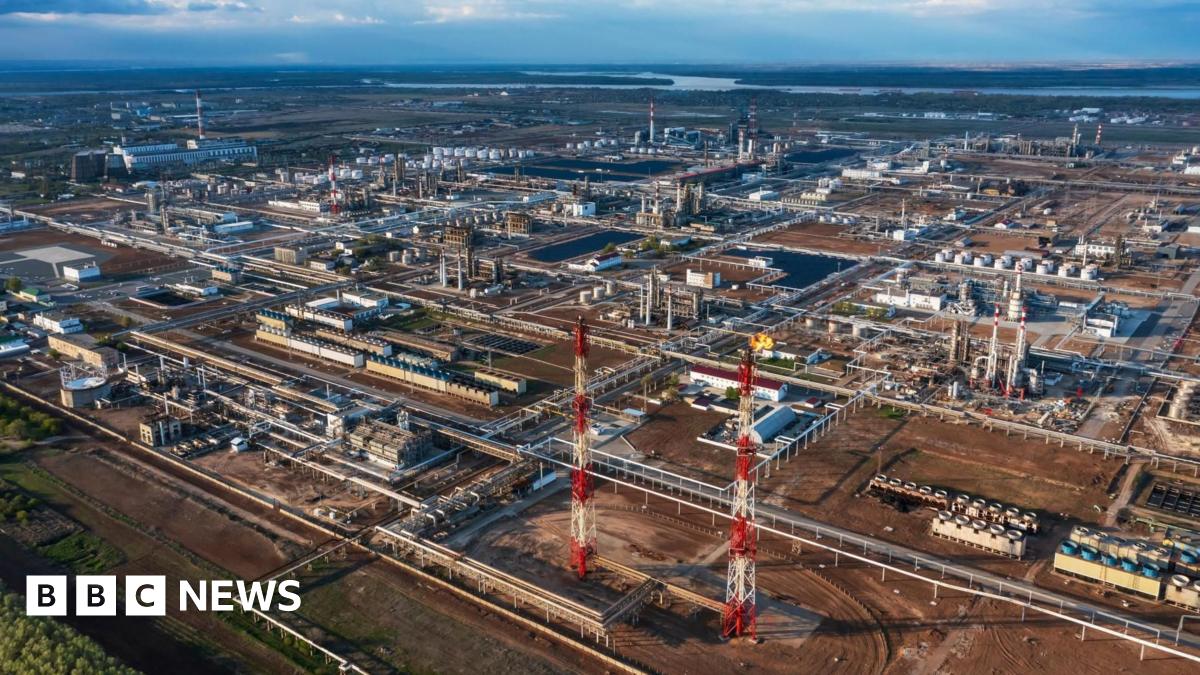Russia has pushed back against that idea, with Kremlin spokesperson Dmitry Peskov saying that “the consistency of Russia’s position doesn’t change” – a reference to its desire for Ukrainian troops to leave the Donbas region in Ukraine’s east.
These new sanctions, against such a critical pillar of Russia’s economy, could push it to reconsider that position. That, at least, is what the US is hoping for.
According to Dr Stuart Rollo, a research fellow at the University of Sydney’s Centre for International Security Studies, the sanctions have two primary goals.
“To materially impact Russia’s industrial capacity to wage war, and to coerce Russia into accepting peace terms out of fear of the escalating impacts of sanctions on their economy and society,” Dr Rollo told the BBC.
“They will not impact the former. They may impact the latter if a deft diplomatic balance is struck between the perceived consequences of continuing the war, and the benefits and concessions that will be furnished through a negotiated peace.”
Michael Raska, Assistant Professor in the Military Transformations Programme at Singapore’s Nanyang Technological University, told the BBC that in the near term, the sanctions are “unlikely to alter the military balance in Ukraine”.
But, he added, “as profit margins shrink, Russia will face difficult trade-offs between maintaining socio-economic stability, while financing a protracted war.”
